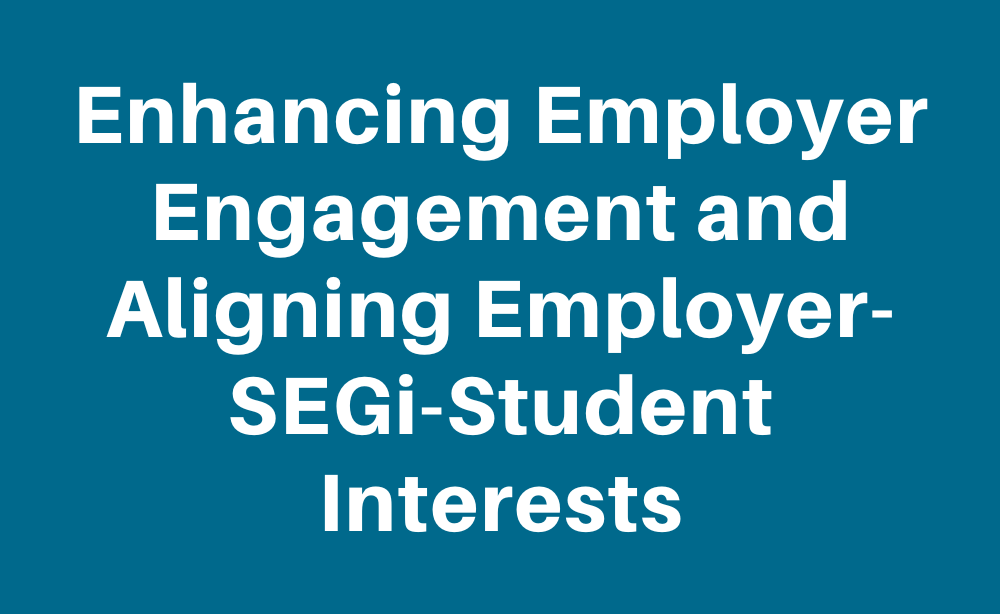Businesses are the foundation of the economy, and graduates from business schools find employment in almost every area of the global economy.
The idea of taking a business degree is especially alluring for people drawn to the competitive, yet collaborative learning environment offered by many business schools and departments owing to the blend of academic challenge and practical focus. However, for the majority of people, discussing possible careers one follows with a business degree is the simplest method to address the question “why study business?”
Having a solid business studies degree will provide you with the skills necessary for success in a wide range of occupations in today’s business environment. Roles in accounting and finance departments, which hire many business degree holders, are among the good opportunities available to someone with a business degree. International demand for business graduates who can function in many cultural contexts is higher.
Marketing, advertising, retail, sales, human resources, business consulting, entrepreneurship, and similar fields also have a significant need for business degrees. Other locations where you may use your business degree include SMEs (small-to-medium-sized businesses), cutting-edge new start-ups, charities, non-profit organisations, and NGOs. If you have a brilliant idea and the requisite skills, you can even consider establishing your firm.
The most recent study has focused the higher education provider’s attention on the need for a radical shift in the direction of increased creativity and flexibility in the development of employability. With the rise of artificial intelligence, disinformation, and problems with the global supply chain, the future of employment has become a hot issue. More than ever, successful employability development entailed preparing graduates for this dynamic environment as the nature of work and the workforce are changing so quickly. Therefore, it is essential to maximise employer participation and harmonise the perspectives of employers, students, and higher education providers with the intended employability characteristics of graduating students.
In the UK higher-education sector, there has been an increase in focus on improving student employability, whether through curriculum-integrated development or other methods, and evaluating its efficacy, most notably by examining its effects on graduates’ job outcomes. Naturally, there is a necessity for quality assurance that schools offering Transnational Education (TNE) programmes provide learning and development that is equivalent to that found in their UK programmes, both academically and via other activities. This implies that any employability improvement offered in a UK programme should also be offered in the TNE programme’s counterpart.
All academic years of undergraduate and graduate education are focused on improving employability initiatives and student employability skills by SEGi College Penang and the TNE partners. However, the idea of “sameness” is also being highlighted. In addition to trying to create a student learning environment that is as comparable to that of the UK as feasible, the prizes provided were equivalent to those in the UK. In addition to the procedures in place for listening to and acting upon the voice of the student, we hold monthly meetings for the programme leaders, collaborate with industry partners, and hold active meetings between UK module leaders and local academics.
Many students find the idea of pursuing a business degree to be very alluring since it blends academic knowledge with real-world experience. Our strategy and methods will help you get a decent qualification and enjoy the learning that will enable you to progress through your future endeavours with confidence, although it may be tough. The redesign of how work-related learning will be realised in digital contexts is underway.

